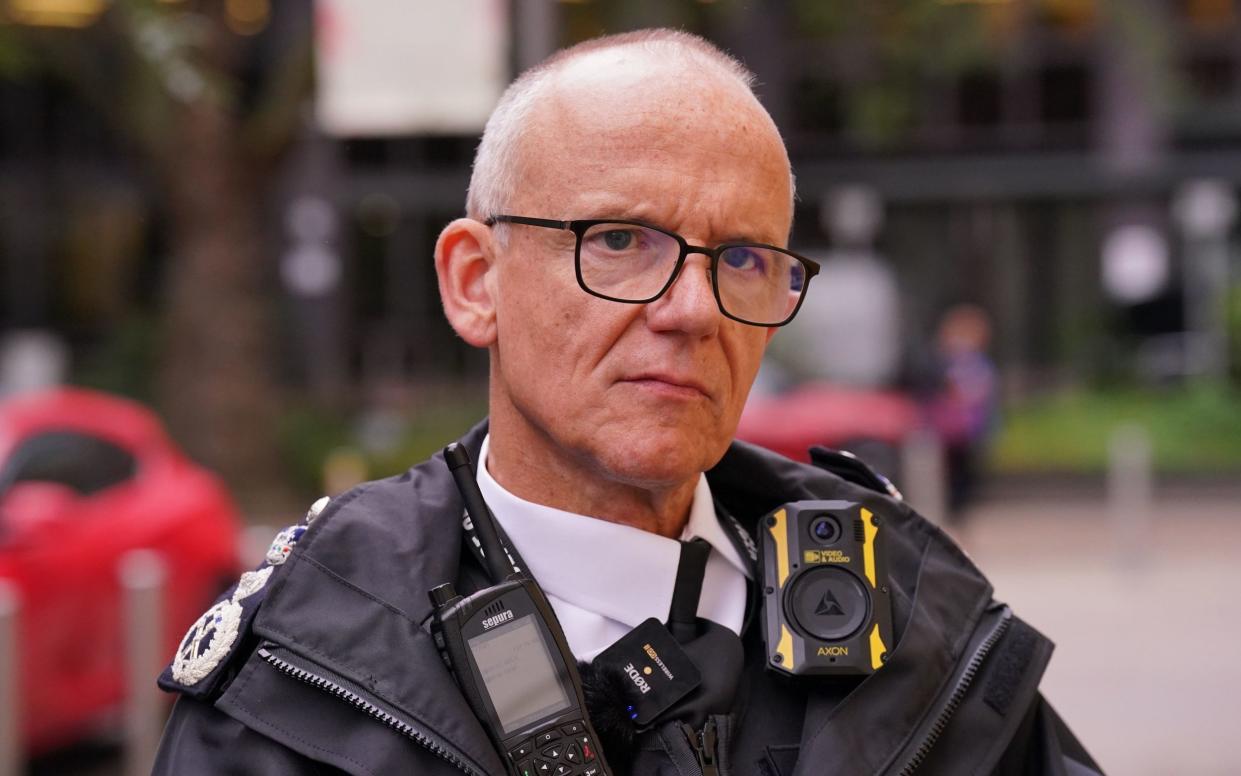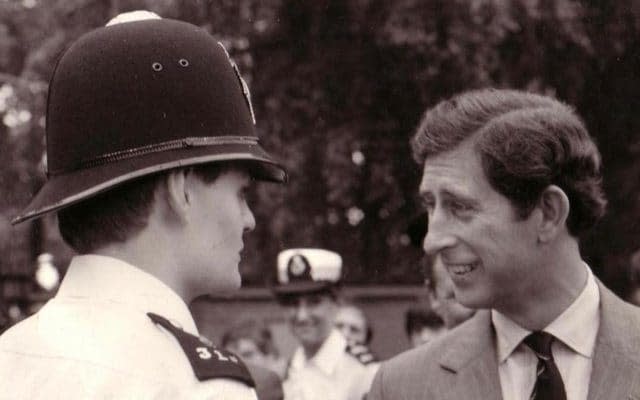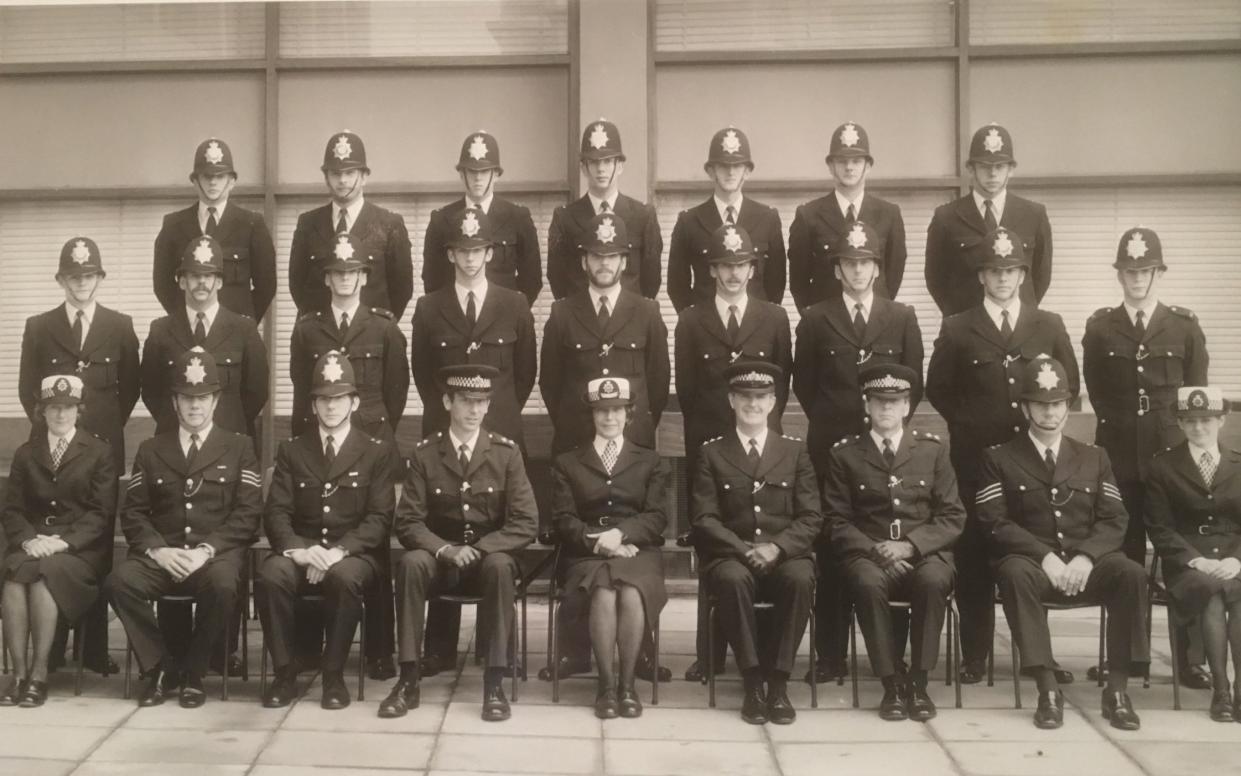‘The Met Police is not institutionally anti-Semitic’

This week, Rishi Sunak refused to offer his backing to the Metropolitan Police Commissioner over the row that erupted after one of his officers threatened to arrest Gideon Falter, an “openly Jewish” man, for walking in central London during a pro-Palestinian protest.
Met Commissioner Sir Mark Rowley defended the Met sergeant at the centre of the row, arguing his conduct was “professional” and he would not be disciplined.
Meanwhile, Suella Braverman, former home secretary, called for Sir Mark to resign – while Shabana Mahmood, shadow justice secretary, and the Mayor of London came to his defence.
Telegraph readers were similarly split. Of over 34,000 readers who responded to our exclusive poll, 65 per cent voted that Sir Mark should resign.
Notably, two Telegraph readers – both of whom are former police officers – believe Sir Mark should not resign and shared their thoughts on the backlash he received.
‘I would’ve dealt with the situation exactly how the sergeant did’
Danny Dwyer, 65, was proud to join the Met police as a fresh recruit out of training academy 30 years ago.
Over his illustrious career, Mr Dwyer had the chance to serve all across London, from Brixton to Kennington, including working in special operations.
But if he had his time again, he is not sure he would do it again: “It’s very hard for officers now. They’re constantly under the spotlight. Whatever they do is observed, monitored and criticised. Everyone’s got a smartphone now and you can take footage and edit it to suit your viewpoint.”

When Mr Dwyer saw the video from the protest last week, his initial reaction was that “the man was quite clearly trying to create a situation, turning up with his own film crew. He was wearing a kippah (…) because he wanted to have some confrontation with the march.
“Of course people should be free to go wherever, but you have to be realistic.”
Mr Dwyer explains: “I would’ve dealt with the situation exactly how the sergeant did. Had the man [Gideon Falter] carried on, the officer would’ve been correct in arresting him.”
He labelled the officer as “polite” and “patient” in handling the situation and argued that “the police are not institutionally anti-Semitic”.
He added: “There’s plenty of bad apples but the Met gets rid of them.”
On whether Sir Mark should resign, Mr Dwyer did not think there were grounds for resignation: “He’s not very good and it would be nice if they could find someone better but the Palestine issue isn’t the problem.”

‘I totally and unequivocally condemn the police officer’ actions’
Retired Dorset police officer Andrew Culley, 69, does not back Mrs Braverman’s calls for Sir Mark to quit, though he does believe the Met sergeant at the centre of the row had a wrong approach.
“I totally and unequivocally condemn the police officers actions,” Mr Culley says, “though Mark Rowley doesn’t have day-to-day control over what an officer does or says.”
“The biggest problem with the Met is it is too large, and to expect one man to have overall control is just a fallacy.”
Mr Culley, who retired from the police service in 2005, understands what the Met officer was trying to achieve, but raised concerns about its long-term impact on the police.
He said: “He was trying to protect the guy. However, the way he went about it? To threaten the chap with arrest is completely wrong. The trouble is, a little incident like that will colour people’s opinions for a long time. If they have a slightly negative opinion of the police that is just going to reinforce it for a long time.”
Public opinion regarding the police is already weak, with a majority of voters thinking there is a need for major reform.
Mr Culley believes that claims that the Met is institutionally anti-semitic or racist are “glib” statements, but that unfortunately “one bad apple takes the whole barrel”.
Although becoming a police officer was all Mr Culley ever wanted to do, he no longer wears this badge of honour with pride: “Police officers used to be held in high regard, but public opinion is now grim.
“I now think twice about admitting I was a police officer when someone asks me what I used to do in life. ”


